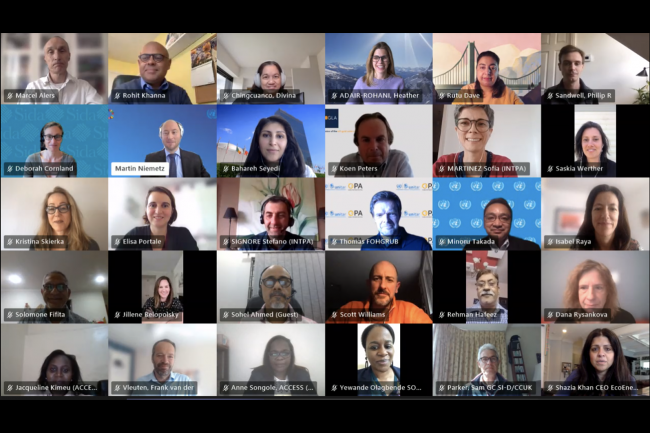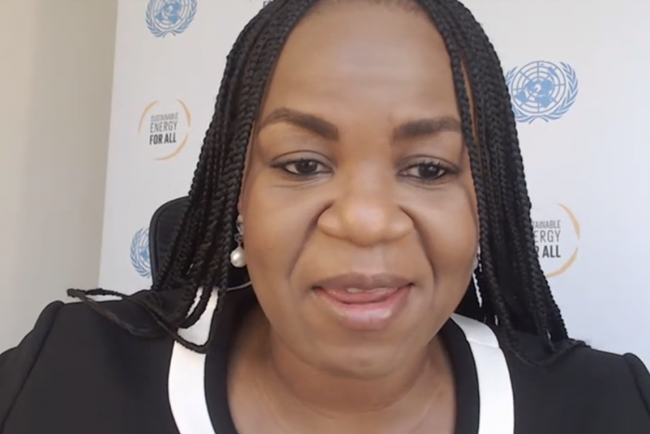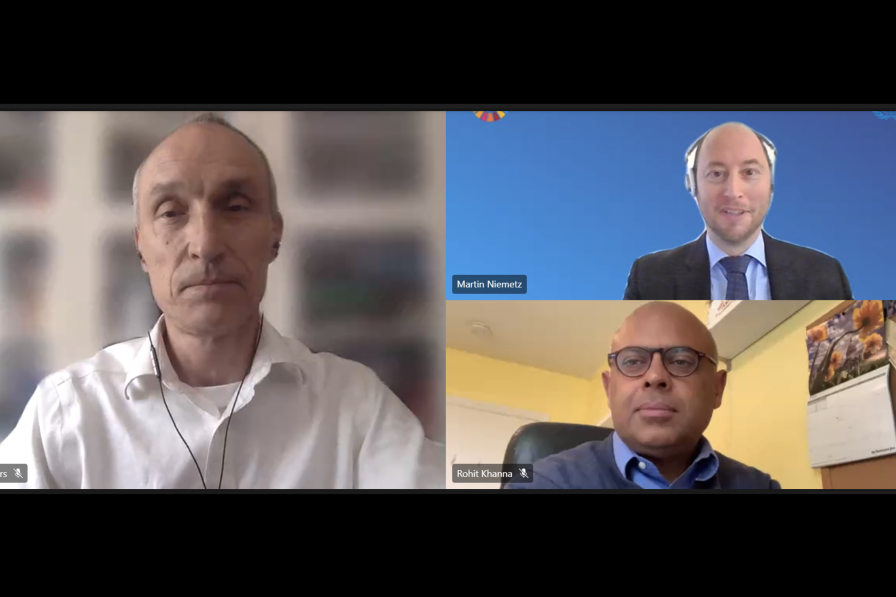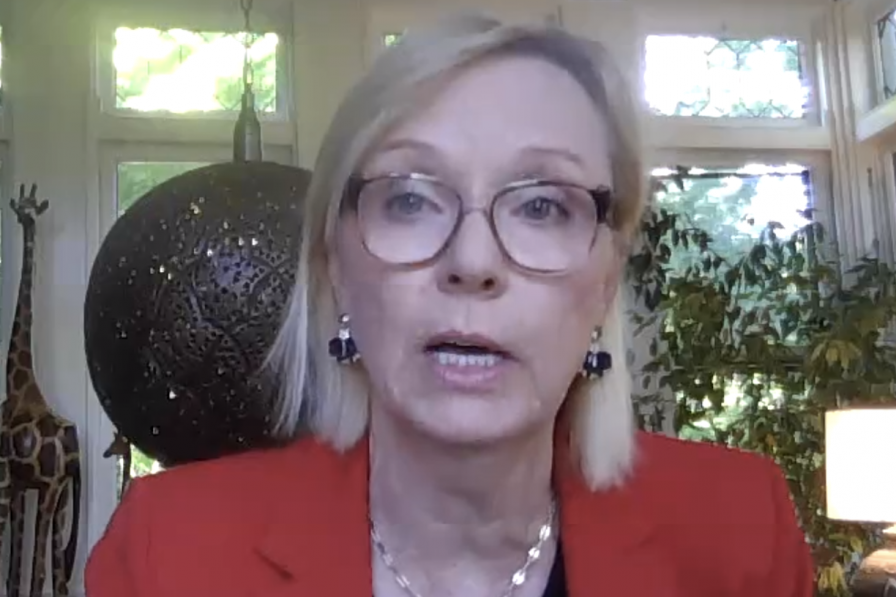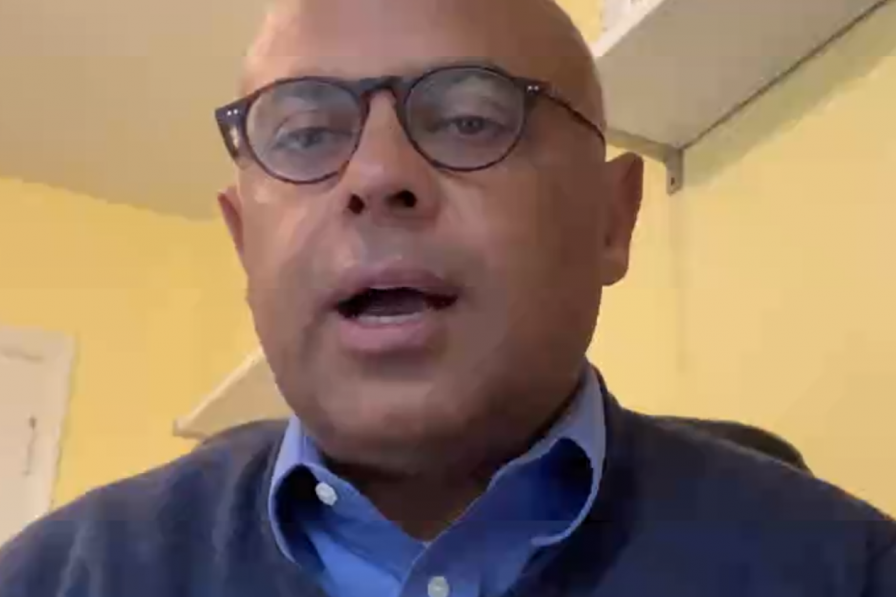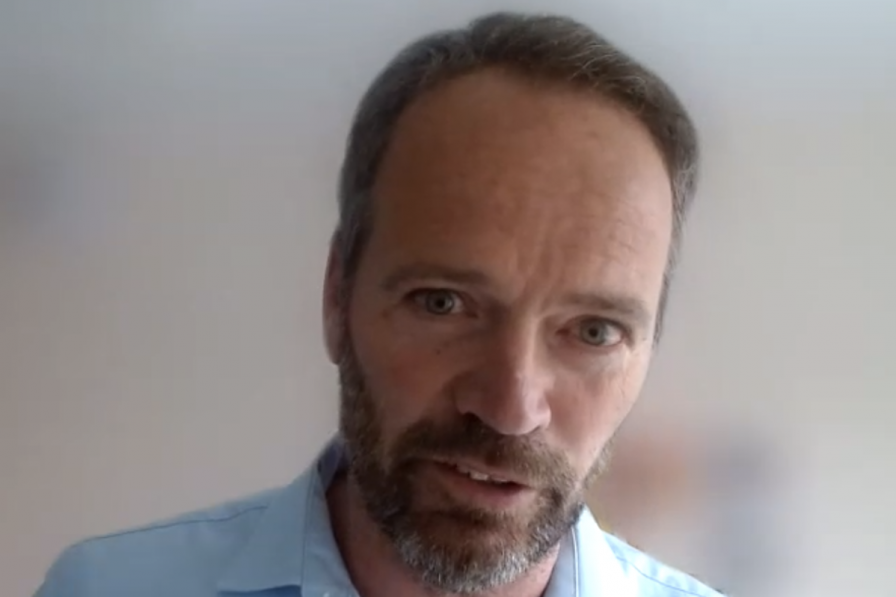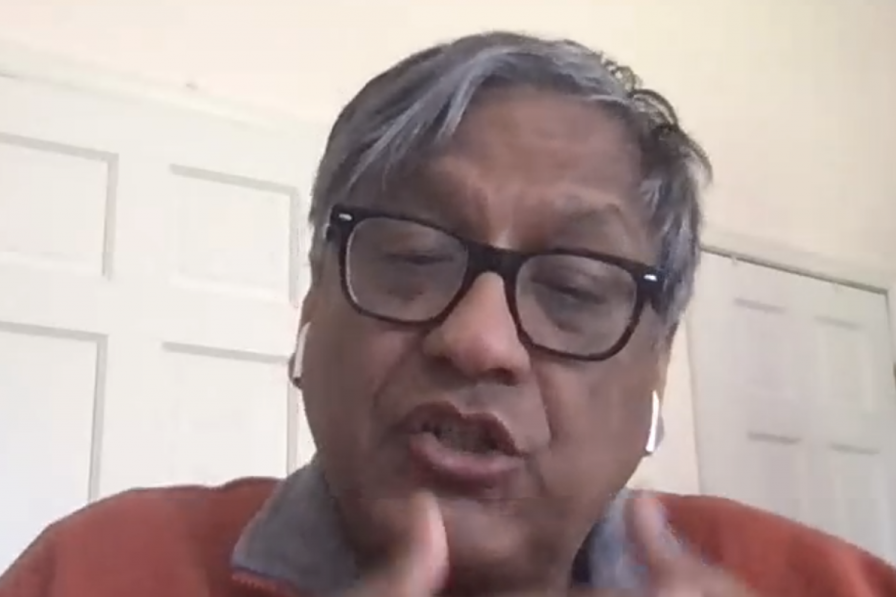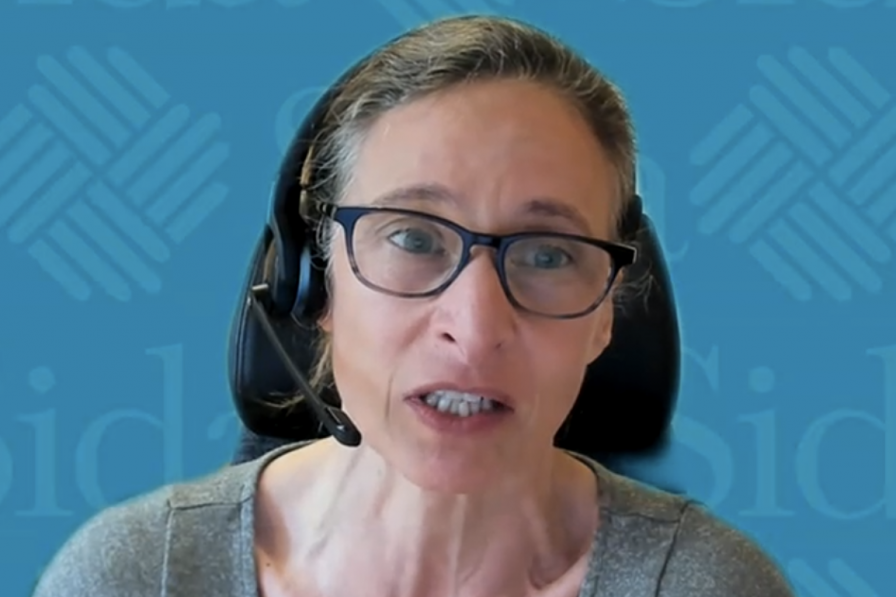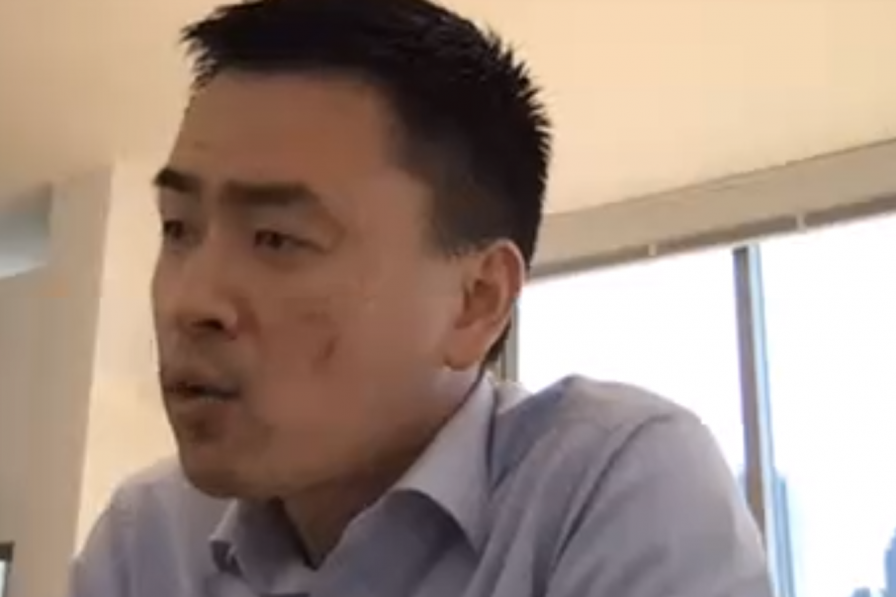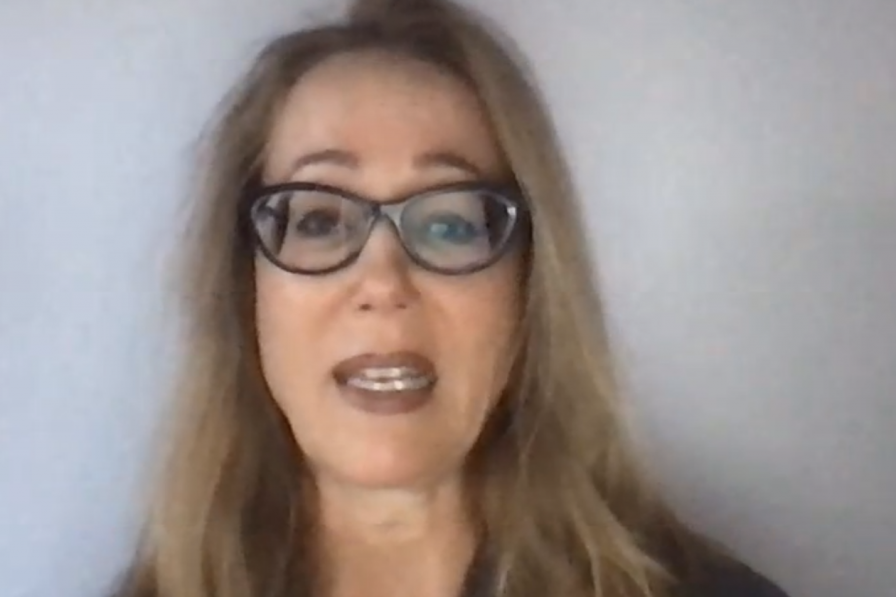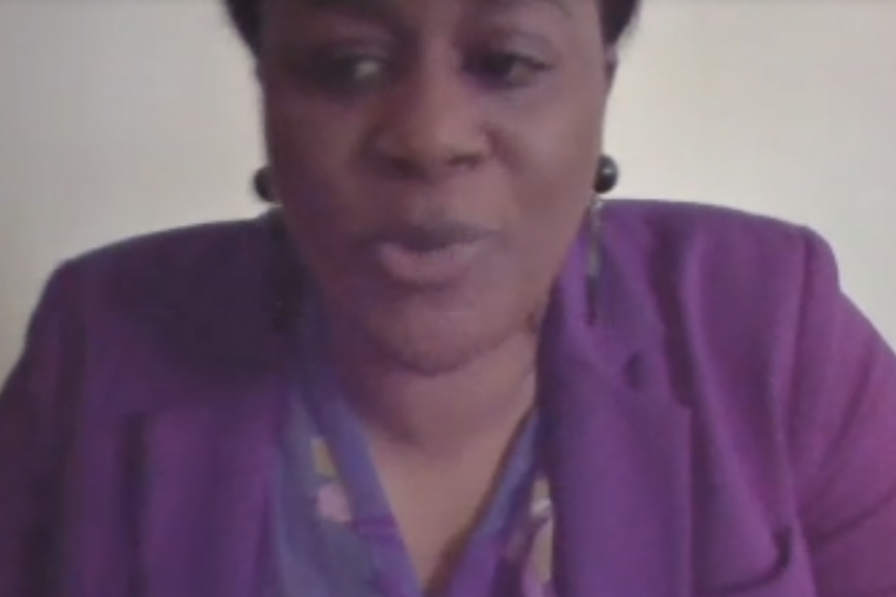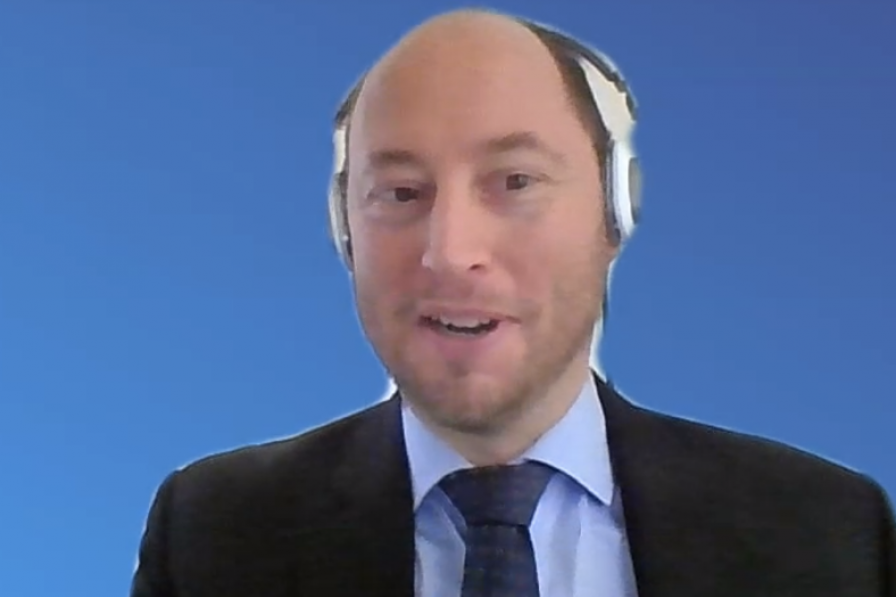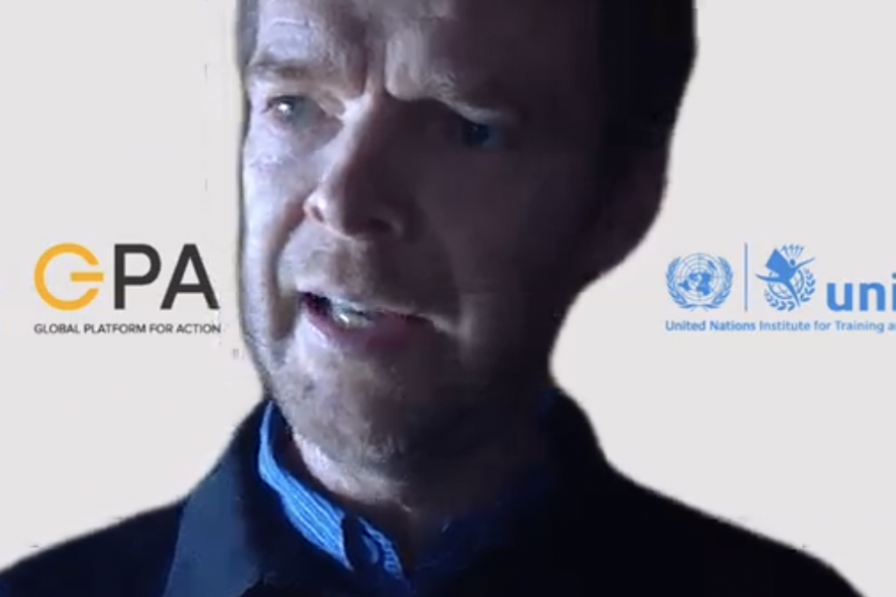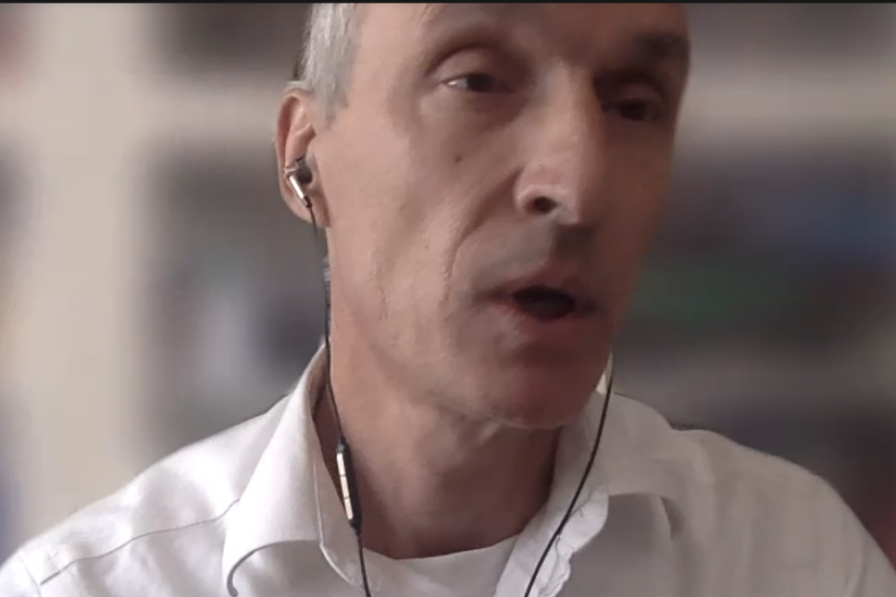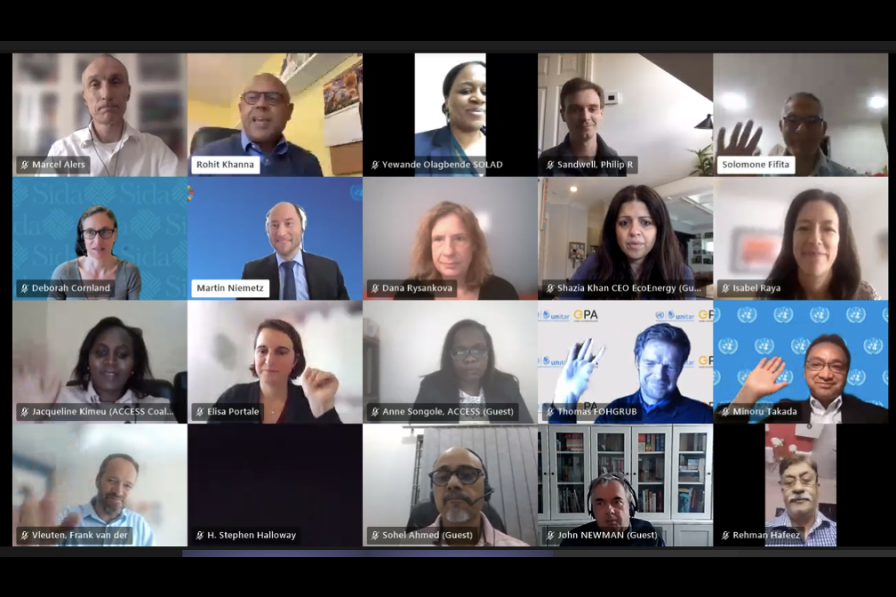The third and final meeting of the Technical Working Group on Energy Access reviewed the group’s report, which was prepared by three co-leading entities: UN Development Programme (UNDP), the UN Office for Least Developed, Landlocked and Small Island Developing States (UNOHRLLS), and the World Bank.
The report had undergone a number of changes following the Group’s comments during their second meeting on 19 April 2021. During the third meeting, on 12 May, 74 participants considered the revised draft and offered further comments. Speakers expressed support for the changes to make the report more people centered and focused on actions and recommendations rather than challenges to achieving access to electricity and clean cooking.
The Working Group is one of five that are preparing a roadmap to be presented at the High-level Dialogue on Energy in September 2021. The first virtual meeting of the Technical Working Group on Energy Access took place on 24 February 2021 to provide initial input for the roadmap. The report will be launched during the Ministerial Thematic Forum on Energy Access, on 21 June.
Opening Remarks
Damilola Ogunbiyi, Special Representative of the UN Secretary-General for Sustainable Energy for All, Co-Chair of UN-Energy, and Co-Chair of the High-level Dialogue on Energy, opened the meeting and thanked the co-lead organizations and high-level champions working on the energy access theme. Ogunbiyi highlighted the report’s emphasis on the importance of accelerating access to clean cooking and on energy access as a key accelerator for growth. She noted the role energy compacts would play in ensuring progress and encouraged all organizations prepare one.
Heidi Schroderus-Fox, Director, UNOHRLLS, noted the draft report covers a wide range of challenges to energy access. She said it is clear we need a new approach to energy access and need to place people at the center of our efforts. Schroderus-Fox said the reports from the Thematic Working Groups will serve as basis for discussions during the Ministerial Thematic Forums in June and are expected to contribute to the implementation of the outcomes of the High-level Dialogue on Energy.
Presentation of the Final Report and Discussion
Rohit Khanna, ESMAP Manager, World Bank, told participants the report was reoriented and reframed based on the Group’s input. He emphasized that, to achieve universal access, the report addresses the need for a paradigm shift underpinned by five principles and supported by strong data. He said the report identifies four sets of building blocks with specific, measurable indicators and targets.
Elisa Portale, World Bank, highlighted that electricity access needs to increase from 82% to 94% in 2015 and 100% by 2030, while clean cooking needs to gain 3% each year, which translates to approximately 230 million people per year – or a 66% increase over current levels. She reviewed the five principles the report says should underpin an energy access paradigm shift:
- Prioritize political commitments and financing, with cooking energy demand fully integrated into energy planning and strategy development;
- Recognizing that energy access is a key enabler of inclusive, sustainable, and resilient economic growth and an integral part of the just energy transition, exploit synergies with other SDGs and reinforce the mutual implementation of the energy and climate link;
- Put people at the center of both clean cooking and electrification initiatives, targeting in particular poor and vulnerable households in fragile and conflict-affected countries and LDCs;
- Make “last mile” energy access the first mile of our efforts by working to increase rates of access to electricity and clean cooking among the remote, poorest, and vulnerable population segments, and prioritizing public institutions such as health facilities and schools;
- Accelerate the pace of knowledge exchange, capacity building, and innovation, including by making best practices and lessons available to all stakeholders and investing in mechanisms to enable rapid transfer of knowledge, for the benefit of all electrification stakeholders. Action in this area would also include investment in capacity and skill building for all levels of participants in energy access expansion efforts, and should target women and youth in particular.
Portale said the report identifies the building blocks to reach the key principles as follows: reinforcing the enabling policy and regulatory frameworks; enhancing social-economic inclusiveness of energy access; aligning the costs, reliability, quality, and affordability of energy services; and catalyzing, harnessing, and redirecting energy access financing.
Rutu Dave, World Bank, presented the steps needed to achieve the building blocks, including reinforcing the enabling policy and regulatory framework and, by 2025, ensuring all access-deficit countries adopt national electrification and clean cooking strategies. The report also identifies steps related to: enhancing social-economic inclusiveness of energy access; aligning the costs, reliability, quality, and affordability of energy services; and catalyzing, harnessing, and redirecting energy access financing.
Thematic Working Group participants offered a number of compliments, comments, and suggestions for the report, which Rohit said would be taken into account in a final revision.
Speakers supported the changes from the first draft, including because the narrative had moved from positioning women as victims and recipients to women as agents of change. A speaker also complimented the report’s transformation to “create something actionable” rather than a catalogue of challenges.
Speakers highlighted the role of the private sector in delivering energy services, with one suggesting including text on the environment that would be conducive to help private sector thrive. Another suggested adding a reference to the need for partnerships with industry.
Speakers also discussed the need for developing country-specific energy pathways. A speaker also highlighted that setting targets should be a bottom-up country process and not a top-down numbers process.
On affordability, one speaker asked if an affordability target such as “energy access should not cost more than x% of household budgets” could be added. In this regard, the need to focus on cost of service rather than cost to consumer was noted, to avoid introducing subsidies. Another speaker called for reference to safety nets.
On finance, a speaker noted the challenge of making financing strategies more people centered.
A speaker called for more gender transformative strategies and suggested that this element fits under the recommendation on inclusivity and a just transition. Another speaker said a capacity building role for CSOs is missing.
One speaker noted the report refers to mini-grids in many places and suggested that a specific recommendation related to mini-grids should be added.
The role of technology innovation and the access nexus was highlighted, with a speaker saying it should be emphasized more strongly. Links between energy access and ending hunger was also discussed, with a speaker suggesting bringing out how distributed energy can help achieve food security goals.
Additional initiatives, such as the G20 initiative on clean cooking and energy access, were highlighted. One speaker said the report should use language in line with existing global commitments and should not discriminate against any source of energy.
Update on the Theme Report, Ministerial Forums, Energy Compacts, and Next Steps
The Secretariat noted that the report would be finalized and copy-edited by mid-June, at which time the Thematic Working Group members would have a final chance to review the document for errors.
The outcome of all Ministerial Forums in June will be based on the Thematic Working Groups’ reports and the discussions during the Forums.
Participants were briefed on Energy Compacts, which will be one outcome from the Forums and Dialogue. They will bring together voluntary commitments on the SDG 7 targets from all stakeholders, and will be aligned with existing commitments, such as the SDGs and Nationally Determined Contributions (NDCs).
In conclusion, Marcel Alers, Head of Energy, UNDP, thanked the Thematic Working Group for their active engagement in the process. He highlighted the Group’s emphasis on the urgency and scale of the problem. He noted that speakers had called for sufficient attention to clean cooking and said the report had not disappointed in this regard. Alers stressed the importance of integration across the five themes of the High-level Dialogue on Energy, and highlighted the central importance of a human, people focused approach. He closed noting that the issue addresses the social compact, and humility is needed to listen to the people who need the help.
To receive continuing coverage of this event delivered to your inbox, subscribe to the ENB Update newsletter.
